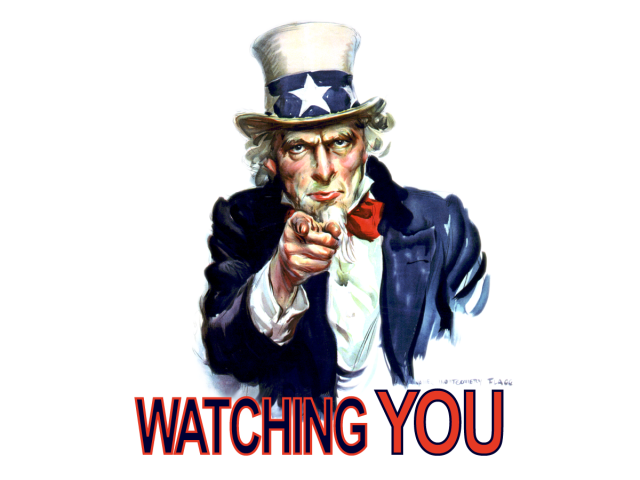In the wake of the terrorist attacks in Europe, United States officials and European nations such as France and the United Kingdom have redoubled their efforts to pass laws that will give them more access to encrypted online communication. Governments are worried about their ability to monitor the communications of suspected terrorists and have had trouble cracking encrypted messages from services such as iMessage. The NSA has already infamously worked with security companies and built backdoors into security standards, but technology companies such as Apple and Google have tightened the encryption of their products in response.
As a result, new policies such CISPA (Cyber Intelligence Sharing and Protection Act) in the US have been reintroduced to force companies to break their encryption and divulge customer information on government demand. The Prime Minister of the UK also released a statement urging for companies to give up on encryption to make mass surveillance easier, triggering uproar online.
The worst effect of forcing companies to break their own security measures is that it would make everyone more vulnerable to hackers. For the past few years, hackers have gained dangerous new tools and sophisticated infiltration methods at a frightening pace to penetrate modern cyberdefenses. Bills such as CISPA would hinder security on the internet by requiring backdoors to be built into everything, nullifying advancements in cybersecurity and leaving everyone vulnerable.
Written by Raymond Cao’17








